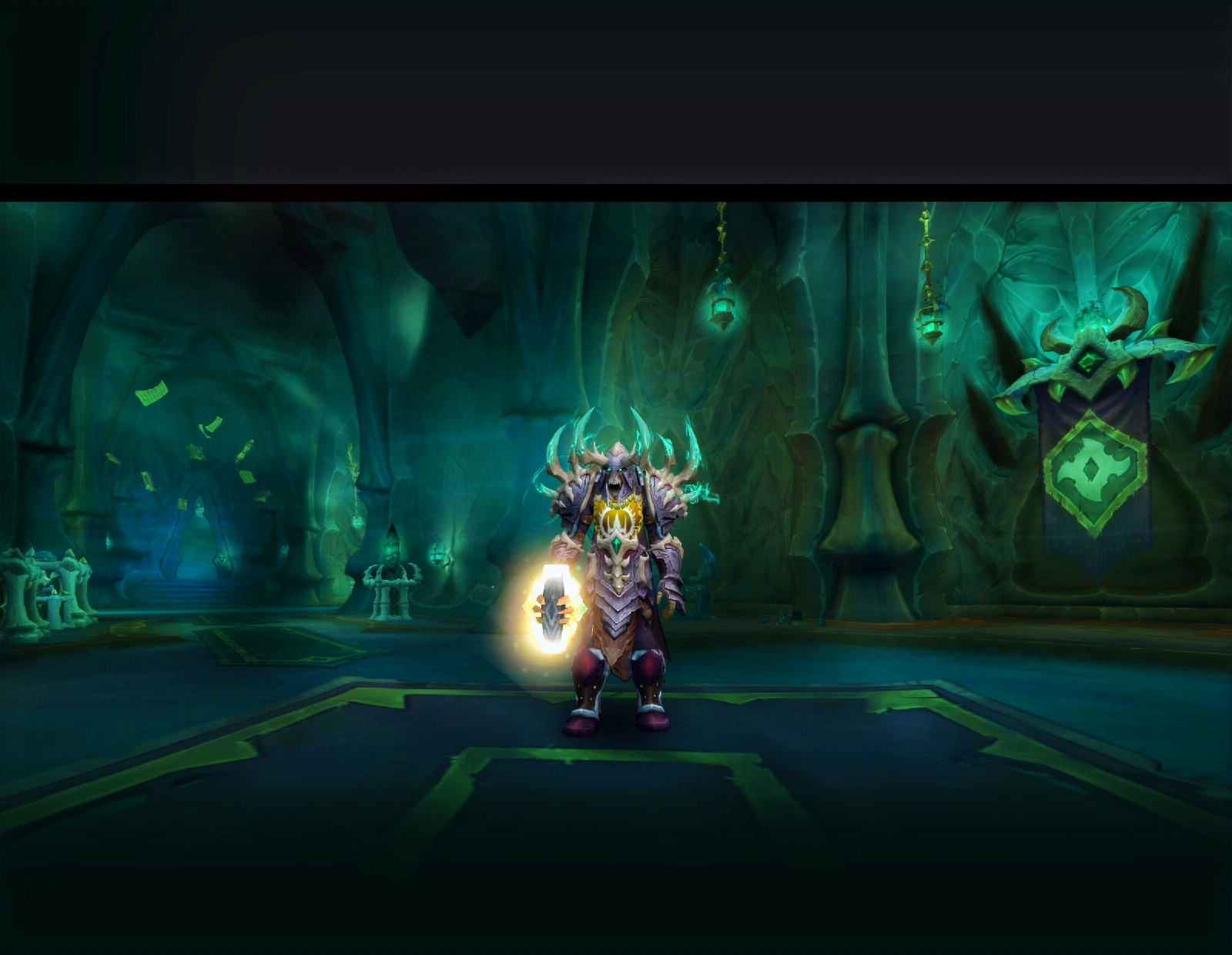The Imperfect Light: Why Religion Can Be Flawed
Religion, a force that has shaped human history and societies for millennia, is often considered a pillar of morality and guidance. Yet, despite its immense influence, it's crucial to acknowledge that religion, like any human endeavor, is not without its imperfections.
Imperfections of Human Creation:
At its core, religion is a product of human understanding and interpretation. This inherent human element inevitably introduces flaws and limitations.
One such limitation is our collective knowledge. Our understanding of the universe and ourselves is constantly evolving. Religious doctrines, often formulated in pre-modern times, may not always reflect our current scientific and philosophical advancements. This can lead to inconsistencies and contradictions between religious teachings and our contemporary understanding of the world.
Another limitation is our cultural bias. Religions are shaped by the specific cultural contexts in which they arise. This can lead to the inclusion of cultural norms and values that may be outdated or even harmful in the modern world. For example, some religious texts condone practices that are now considered discriminatory or unethical.
Lastly, how ancient texts are interpreted differently causes disagreement. Religious texts are often open to interpretation, leading to diverse schools of thought and even conflicting interpretations within the same religion. This can create divisions and disagreements, sometimes fueling intolerance and violence. Sometimes a group will separate to form a new religion because of these differences.
Seeking the Light Beyond the Flaws:
Recognizing the imperfections of religion does not negate its value or diminish its positive contributions to human experience.
How Religion can Aid You:
Religious teachings often offer ethical frameworks that guide individuals and societies towards compassion, justice, and social responsibility. A sort of moral compass to help understand right from wrong.
Religious communities can foster a sense of belonging, support, and shared purpose, offering solace and connection to individuals.
Religion can provide answers to existential questions about life, death, and our place in the universe, offering comfort and meaning to many.
A Path Forward
Moving forward, it's important to approach religion with critical thinking and open-mindedness. We can:
Listen to other faiths. By fostering understanding and appreciation for diverse religious perspectives, we can combat prejudice and promote tolerance.
Mayn religions have to be more modern. Religious traditions can evolve and adapt to address contemporary challenges. Working within religious communities to promote progressive interpretations and address harmful practices can contribute to positive change.
Focus on whats similar then differences could be addressed. Despite doctrinal differences, most religions share core values like compassion, justice, and respect for human dignity. Emphasizing these shared values can foster greater understanding and cooperation across religious divides.
All religions have thier flaws. They were all made by man. You have to remember that these are all ancient texts written by people trying to explain what happened using limited understanding of the world.
Religion is a complex tapestry woven from human understanding, cultural influences, and the search for meaning in a vast universe. By acknowledging its imperfections while appreciating its potential for good, we can navigate the imperfect light it sheds on our journey.


Comments